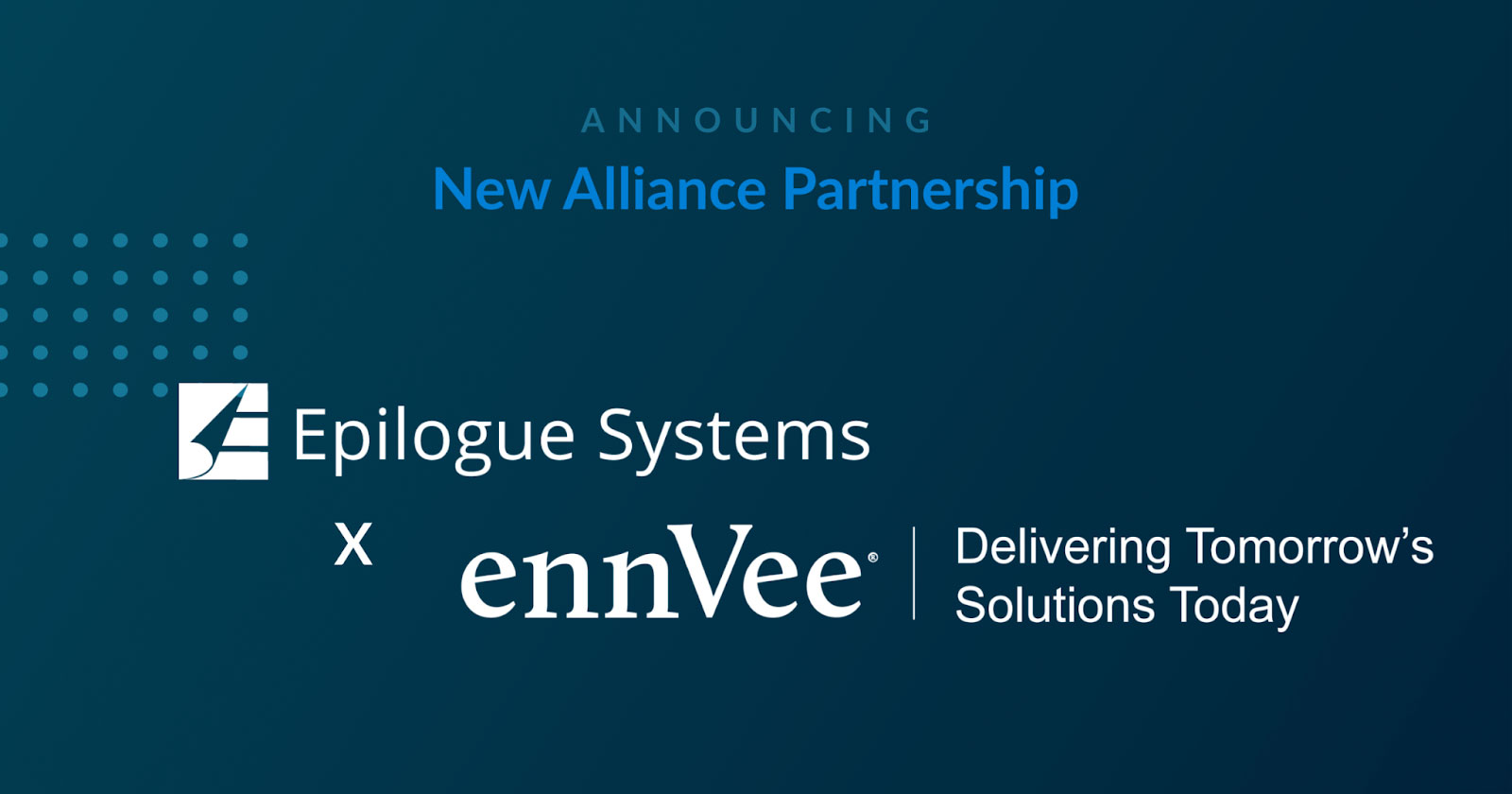In today’s world, digital technology has become an essential aspect of every organization. Companies are now trying to implement new technology to stay ahead in the game. Two commonly used terms in the digital world are digital transition vs digital transformation. While they may sound similar, there are significant differences between the two.
What is Digital Transition?
Digital transition, also known as the digital shift, has been happening for quite some time now, and it involves the transformation of analog data, like paper files, into digital representations like websites, online catalogs, or electronic papers.
Digitization, in its simplest form, is the process of reducing physical objects to digital form. It is a gradual process that involves automating existing processes, improving efficiency, and reducing the cost of operations. Companies undertake a digital transition to improve their existing processes, enhance productivity, and remain competitive.

How about the Definition of Digital Transformation?
Digital transformation, on the other hand, is a broader concept that involves a fundamental change in how businesses operate. It is a holistic approach that includes the integration of digital technology into all aspects of the business, including operations, customer experience, and culture. The primary objective of any digital transformation effort is the introduction of fresh business models and sources of income made possible by digital tools. It involves fundamentally altering every aspect of how you conduct business.
In practice, however, organizations and end users are typically hesitant to embrace such a radical change. Because of this, they frequently resort to overthinking the issue, embarking on change procedures that call for a complete shutdown before starting over.

4 Key Differences Between Digital Transition vs Digital Transformation
Now that we have understood what digital transition vs digital transformation are, let’s discuss the differences between them.
While both terms deal with digital technology, they differ in their approach and scope. Here are some of the key differences between digital transition and digital transformation:
- Scope: Digital transition is a gradual process that involves the adoption of digital technology in order to improve upon previously established procedures. Digital transformation is a comprehensive process that involves a significant change in how businesses operate.
- Culture: Digital transition does not require a significant cultural change within the organization. Digital transformation involves a significant cultural change, including a shift in mindset, behavior, and attitudes.
- Focus: Digital transition is primarily focused on improving efficiency and reducing the cost of operations. Digital transformation is focused on creating new business models and revenue streams.
- Customer Experience: Digital transition may improve the customer experience, but it is not the primary focus. Digital transformation is focused on creating a seamless, personalized, and digital customer experience.

While the differences between digital transition vs digital transformation may seem straightforward, it’s essential to understand how they impact your business. The following comparison table highlights the key differences between digital transition and digital transformation.
| Digital Transition | Digital Transformation | |
|---|---|---|
| Scope | Gradual Process | Comprehensive Process |
| Culture | No significant cultural change required | Significant cultural change required, including a shift in mindset, behavior, and attitudes |
| Focus | Improving Efficiency and Reducing Costs | Creating New Business Models and Revenue Streams |
| Customer Experience | May improve customer experience, but not the primary focus | Creating a seamless, personalized, and digital customer experience |
In conclusion, although the terms digital transition and digital transformation may be used interchangeably, they are actually quite distinct in both their strategy and scope. Unlike digital transformation, which strives to develop new business models and revenue streams, digital transition focuses on enhancing the current ones. Knowing the distinctions between these two ideas can help you make the best decision for your company.
⇒ You’ll maybe interested in: 3 Key Differences Between Digital Disruption and Digital Transformation
3 Common Misunderstandings between Digital Transition vs Digital Transformation
People often get confused about the difference between digital transition vs digital transformation. Let’s talk about them in more detail:
- Digital transition and digital transformation are the same: Both names refer to aspects of digital technology; nonetheless, their approaches and purviews are distinct from one another.
- Digital transition is a one-time event: Digital transition is a gradual process that involves the adoption of digital technology to improve existing processes.
- Digital transformation is only for large organizations: Digital transformation is relevant to all types of organizations, irrespective of their size.
Here are some examples
Examples of digital transition include automating manual processes, implementing digital workflows, and using digital tools to enhance productivity. For instance, a company may decide to automate its invoicing process to reduce manual errors, save time, and improve efficiency.
Contrarily, digital transformation necessitates a major shift in how organizations function. New products and services, revised business models, and the establishment of a digital culture are all part of this process. A brick-and-mortar shop, for instance, might start selling online to attract more customers and provide a more streamlined shopping experience.
Digital transition vs digital transformation are two different concepts that can help businesses improve their operations and stay competitive. By understanding the differences between these two approaches, businesses can choose the right strategy based on their goals, budget, and resources.

To Conclusion
In conclusion, digital transition vs digital transformation is an essential concept that organizations need to embrace to stay ahead of the curve. While both approaches involve the adoption of digital technology, they differ in their approach and scope. Businesses need to evaluate their goals and resources carefully to determine the right approach for their digital journey.
If you want to learn more about how digital transformation vs digital transition can benefit your business, contact us today. Our team of experts can help you develop a customized digital strategy that meets your business needs and objectives. Embrace digital transformation today and take your business to the next level!





